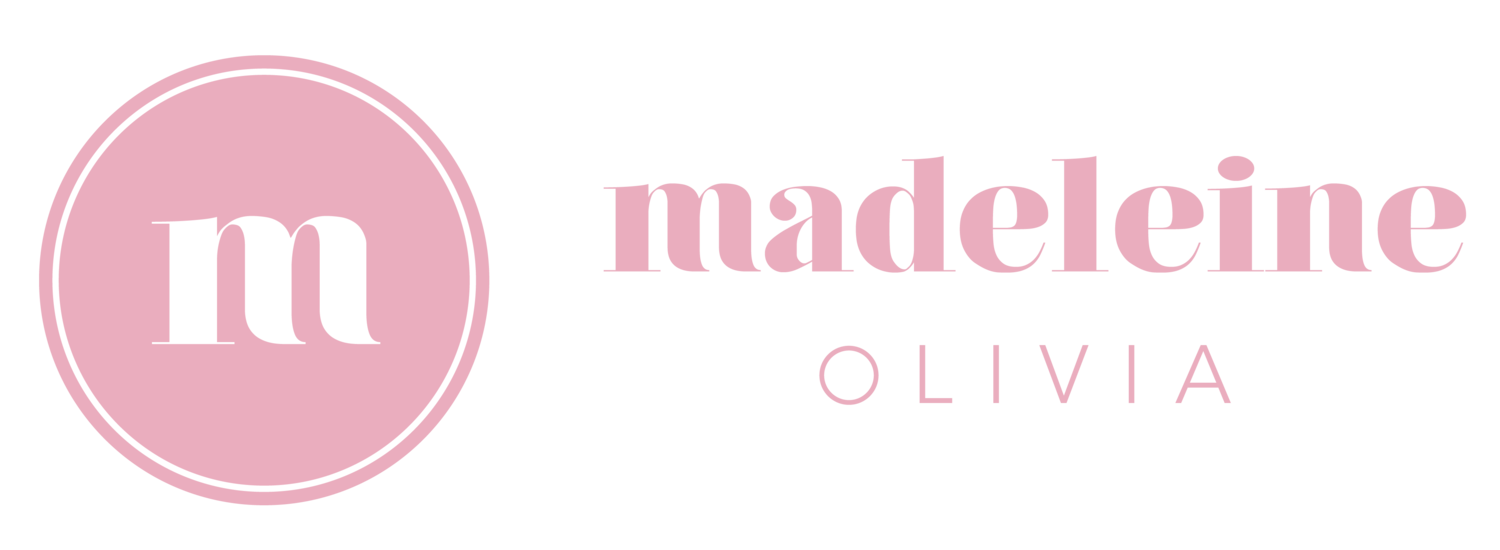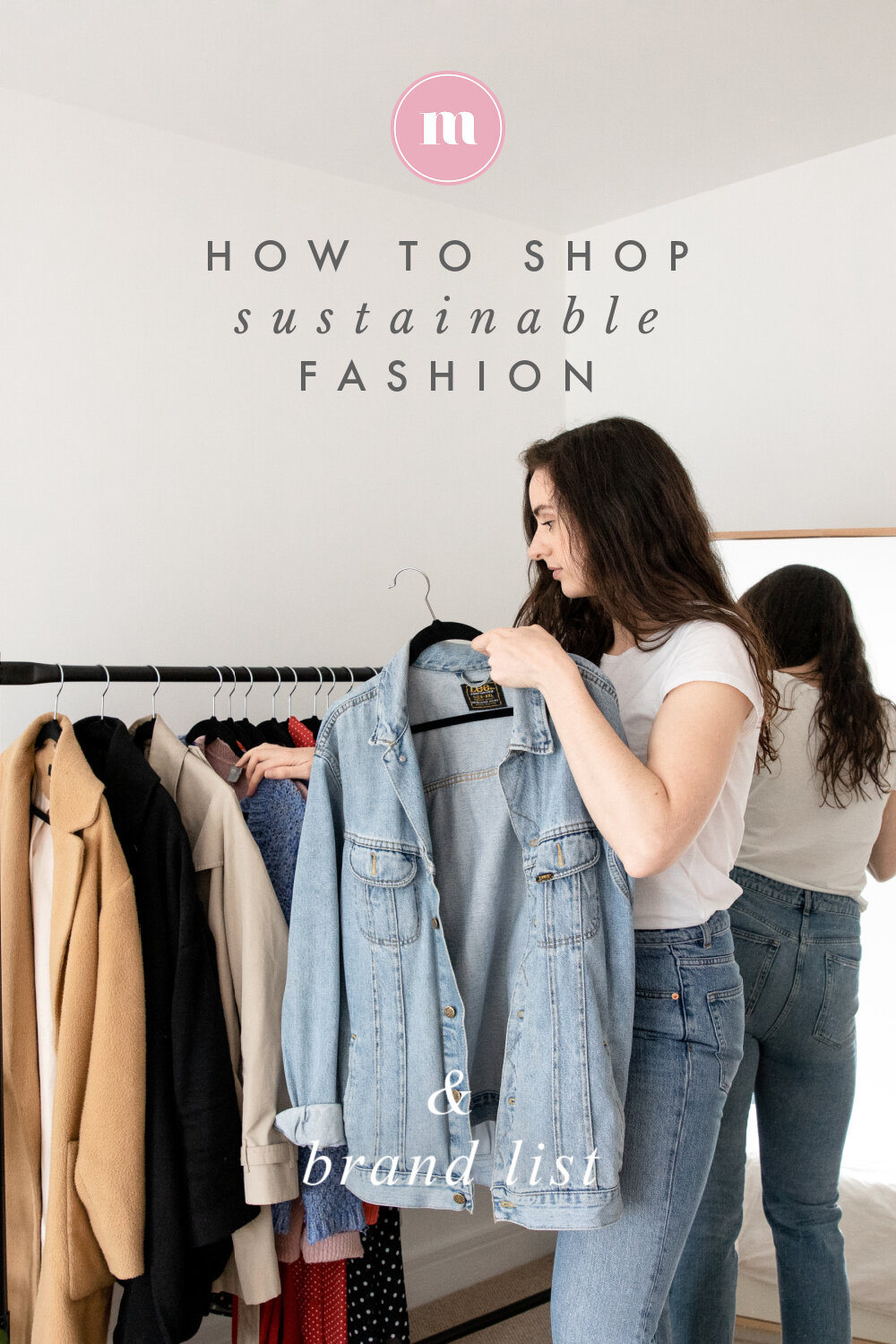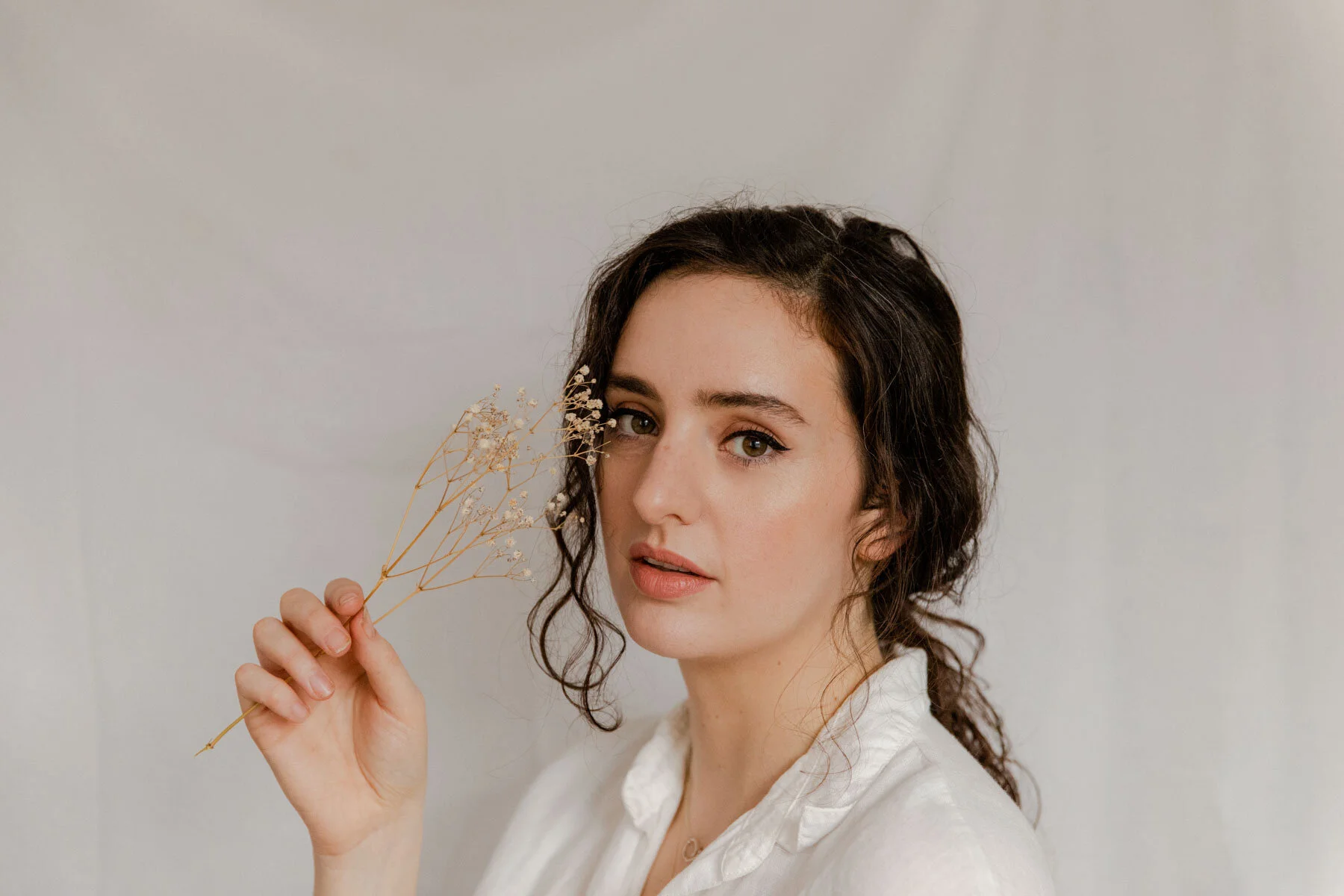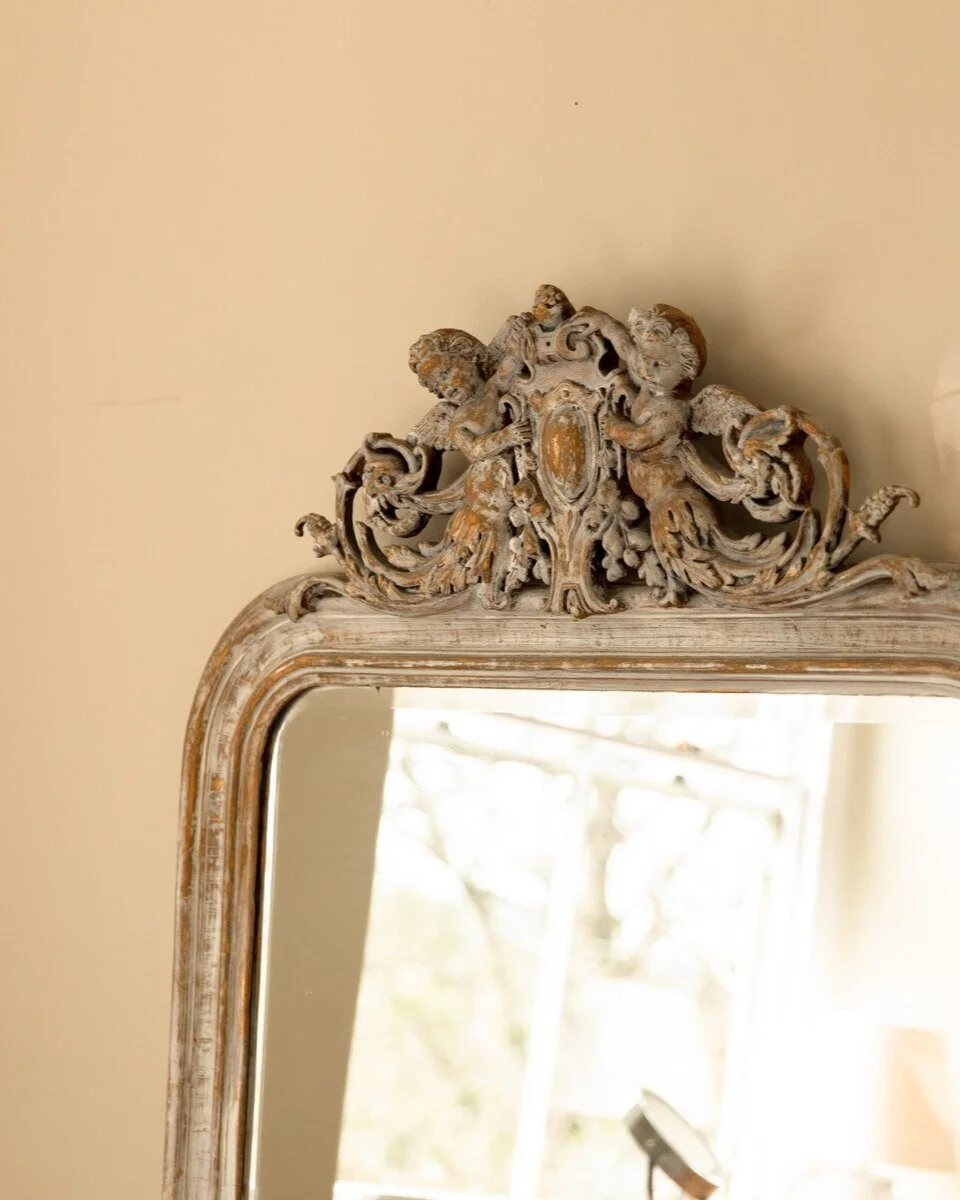How to Shop Sustainable Fashion in 2021 (with Brand List)
There has been a growing trend in fast fashion, a sustainable buzz word I’m sure you’re familiar with, and the rapid manufacture and marketing of low quality clothing trends. The impact? Over consumption, unethical labour practices and 92 million tonnes of waste each year, making fashion the largest worldwide polluter after the oil industry (the fashion industry releases more C02 into the environment than international flights and shipping combined).
I’ll start by stating the obvious, the most sustainable choice is to ask the age old question; do I need this or do I want this? Check right at the back of your closet, is there anything you can repurpose? What about a clothing swap with your friends? Or can you simply resist the temptation? Easier said than done right…? There will inevitably be times you need a new pair of jeans or a new jacket and shopping is the only choice. But there are ways to shop sustainable fashion and clothing in a way that can have a low-impact and be ethical.
Infographic: Global material diagram for clothing (Ellen Macarthur Foundation)
Brands are starting to pay attention to what their consumers are demanding - a transparent, ethical and sustainable journey from the very beginning of fabric production right through to landing in your wardrobe.
In the past I’ve talked a lot about minimalism and decluttering your wardrobe so in continuation of that theme I’d like to share some ways to help you on your journey to sustainable shopping. Don’t worry you don’t need to forego fashion completely to be able to shop more consciously. It’s just about making some small eco-swaps and moving your attention to new and exciting brands that choose to make ethical and sustainable business choices.
One person’s trash is another person’s treasure
After learning about the negative impact the fast fashion industry has on the world I started making a concerted effort to shop more sustainably. One of the things that came quite naturally to me was second hand shopping. Charity shopping, vintage shopping, Ebay shopping, you name it, I loved it. The excitement of potentially finding a designer treasure for next to nothing made charity shopping one of my favourite shopping experiences. When I was a strapped for cash student I would spend hours looking in my local charity shops to find the latest fashion trends. I nabbed Burberry, Armani, Doc Martins for next to nothing. Better still, each purchase you make goes to a good cause. So before buying an item new, always check your local charity shop first. Lots of charity shops now have ways to browse online so I’ve put together a list of where to find online charity shops. I’d recommend bookmarking this page so you can refer to this list when you want to do some sustainably charity shopping.
Oxfam |online shop | ASOS marketplace store
Cancer research online shop | ASOS marketplace store | Ebay shop
Barnardos online shop | Ebay shop
The Air Ambulance | online shop
British Red Cross | ASOS marketplace store | Ebay shop
Sense | Ebay shop
Royal Trinity Hospice | ASOS marketplace store
Save The Children | ASOS marketplace store
Sue Ryder | Ebay shop
Royal British Legion | Ebay shop
Isabel Hospice | Ebay shop
Clic Sargent | Ebay shop
Laura Crane | Ebay shop
Children’s Society | Ebay shop
Vintage shops are usually a little more pricey but they are generally more curated so you can find more specific items like vintage jackets or vintage jeans. Then you have the online apps like Depop, Vinted, Thredup, Ebay or even Facebook marketplace. Then you’ve got places like Vestiaire Collective for pre-owned luxury fashion. The world is full of amazing pre-loved clothes waiting to be worn. It may take a little more effort but its so worth it. Plus you’ll find unique pieces of clothing that you’re highly unlikely to spot on someone walking down the high street. |online shop
Wearing Lucy and Yak Atlas Dungarees
check for Eco-materials
The proportion of clothing made using synthetic fibres like polyester has doubled since 2000, rising to 60% in 2019. The process is now generating the same amount of CO2 as 180 coal-fired power plants (700 million tonnes). The synthetic fibres that are found in 72% of clothing items are non-biodegradable and can sit in landfills for 200 years before they decompose. The dyes used to colour the polyester fabrics also have their risks. They can include compounds like chlorine bleach and arylamines (a known carcinogen) which can be dangerous to the health of those working in manufacturing. And if they aren’t treated properly, they can pollute the water supply. This is why the material you choose for your clothes and sustainable fashion is so important.
Tencel and Lyocell are wood-based materials they grow fast and require less water and energy than cotton production.
Organic and fair trade cotton. This well-known material is made from natural fibres, is biodegradable and super soft. Aim for organic cotton as non-organic cotton uses a lot of water and pesticides.
Recycled polyester and recycled nylon. Basically anything recycled!
Linen derives from cellulose fibres commonly found in flax plants. It is biodegradable, natural, breathable and doesn’t require the use of any pesticides or chemicals. One of the best things about linen is that it is incredibly durable, and can last years.
Hemp is one of the most versatile plants on the planet and requires less water than organic cotton.
If you're vegan you're probably used to checking labels for animal ingredients, so don’t stop at your clothing labels! Look out for certification from the Soil Association on organic products to ensure your fabrics are made without harmful chemicals.
Wearing one of my favourite Linenfox dresses in Natural Grey
Support sustainable brands
If you want to change the way the fashion industry works we need to move our support to ethical and sustainable fashion brands. So next time you need to buy something new, make sure you pay close attention to the brands who are receiving your hard earned cash. Are they clear about their practices and supply chain? Are they made using sustainable materials? Are they being diverse in their marketing efforts? Are their workers being paid a fair living wage?
First place to go is their website to check to see if they disclose any information about their ethical and sustainability policies. Investing in ethical business practices, sustainability and animal protection is expensive so they are going to want to tell you about it. Be wary of companies that don’t have any information, choose to be vague in their sustainable policies or produce a high rate of new clothing lines. Chances are, they may not have a robust sustainability policy.
If you hit a roadblock and are still unsure, I highly recommend you check out Good on You, Know The Origin or Fashion Revolution. They have plenty of useful information on there, including a brand index and templates to use find out more information from brands if you are unsure where they stand on their sustainability.
Generally speaking, the smaller brands at a more local level are generally going to be less likely to cut corners as they aren’t producing quite as much as the larger brands.
Some of my favourite sustainable brands are:
AAKS - durable, colourful and stylish woven bags handcrafted in Ghana
Aff and Jam - conscious and sustainable wearable clothing designed by two London based artists
BAM Bamboo - Affordable Plymouth based clothing brand made using bamboo. They want to prove it’s possible for a clothing company to be Impact Positive.
Beyond Skin - UK based ethical footwear brand.
Big Wild Thought - browse by animal for adorable embroidered t shirts and sweaters. Established in Sheffield, they donate 10% of every sale to relevant wildlife charities.
Chinti & Partner - luxury womenswear for cashmere and innovative knit designs made from the highest quality yarn.
Ecoalf - the first fashion brand in Spain to become B CorpTM and has been renowned for its commitment to the people and the planet.
Finisterre - pioneering, sustainable outdoor brand based in my home town, Cornwall
Girlfriend Collective - this eco-friendly brand uses 25 recycled water bottles in every pair of its flattering, comfortable and supportive leggings. Plus their advertising is one of the most diverse I’ve ever seen!
Kemi Telford - “The clothes we design and sell are more than just stylish; they are loud, bold and tell the whole world, “Look at me, I am fabulous.”
Lara intimates - ethically made non-wired bras in one of the world's most inclusive size ranges.
Linenfox - timeless and classic linen womenswear made using only toxic-free, Oeko-tex certified linen. I love the ability to choose the design and the colour of each garment, making it more fitted to your needs. Therefore hopefully making it last longer in your wardrobe.
Lucy & Yak - specialising in ethical and sustainable dungarees.
Naked Generation - authentic Hand Block Printed 100% Cotton Indian Inspired Dressers.
Net-a-Porter SUSTAIN edit ensures it takes into account human, animal and environmental welfare.
Organic Basics - long-lasting sustainable basics using the softest organic cotton, tencel and recycled wool. Use code OBXMADELEINE for 10% off.
Pala - durable, ethical eyewear brand.
People Tree - the fair trade fashion pioneer and online garment retailer.
Proclaim - inclusive nude lingerie line made in Los Angeles from earth-Conscious Fabrics.
Rapanai - UK brand with the lifelong mission to make sustainable clothing
Sancho’s - ethical clothing and fair trade gifts and accessories, based near me in Exeter.
Stalf - women’s easy-wear brand. Handmade in the UK.
Stay Wild Swim - premium swimwear brand with a focus on slow-fashion and sustainably sourced fabrics. Designed and made in London.
Thought clothing - easy to wear clothing made from natural fabrics like bamboo, hemp and organic cotton.
Are there any brands that you think are missing? Let me know in the comments!
Wearing Organic Basics tencel bralette in Dusky Rose. Use code OBXMADELEINE for 10% off.
Forget fads, stick to classics
Avoiding statement pieces and instead choose clothing you can style in different ways for different occasions. Try creating a wardrobe that will work throughout each season interchangeably rather than spending the bulk of your cash on a new holiday wardrobe for your next vacation. As I've slowly decluttered my wardrobe over the years, I noticed that the clothing I got rid of the most was the trendy pieces that were in one year and out the next. Instead focus on creating a sustainable fashion wardrobe with pieces of clothing that never go out of style.
For example:
A high quality tailored coat that you can pair with lots of lots of different clothes.
Stick to classic shoe styles that you know will never date. Loafers, basic trainers or plimsoles, chelsea boots or slip on sandals are some of the styles you might want to include in a shoe capsule.
A classic pair of tailored trousers that fit you well and can be made casual or smart depending on what you pair with them.
A quality pair of great fitting jeans are going to stand the test of time. They are great for the summer, the winter, the daytime and the evening.
An classic evening outfit you feel great in. A little black dress or a really beautiful jumpsuit that just makes you feel incredible.
A quality white shirt/blouse. This can be worn in the evening, the day or even to smarter occasions like a job interview or work event.
Some examples…
Only buy what you LOVE
Livia Firth from Eco-Age suggests only buying something you know you’ll wear a minimum of 30 times in her #30Wear campaign for sustainable slow shopping. Ask yourself if you really need a piece of clothing before buying it. Do you feel amazing in it? Will you wear this? Are the fabrics sustainable? You need to question the reason you are buying it in the first place and if you really need it. If you can’t answer all of the questions or aren’t 100% in love with it then don’t buy it. I’d recommend before hitting the shops (or going online) write a list and try to stick to it. At the end of the day, the most sustainable clothing items are the ones you already have in your closet.
STAY LOCAL
If you can reduce the travel miles your product will take to reach you, your carbon footprint is going to be far smaller. Try and find some brands local to you that you know won’t travel half way across the world.
WHAT’S THE COST?
The overwhelming movement of manufacturing to countries with cheaper labour alongside competition between traditional retailers and discounters has led to a growing trend in a fast fashion. The fashion industry don’t want consumers to question their purchases and price is a big part of that. Bud Konheim, cheif executive of Nicole Miller says “We as a business cannot afford to have a customer take a second look and ask, ‘Do I need this? That is the kiss of death. We’re finished, because nobody really needs anything we make as a total industry.”
If you’ve found a bargain pair of jeans for under a tenner then it’s more than likely that the brand is paying very low prices for labour and fabrics. Price isn’t always a guaranteed measure of ethical practices but it’s certainly an indicator. Not forgetting that the quality of the product is probably going to be poor, and you’ll need to replace and repurchase it in a short amount of time. You’re far better off investing in a higher quality item that will last you a decade.
RENT FOR SPECIAL EVENTS
Here’s the dilemma. You have a fancy event coming up that has a dress code. This means you need to buy a new formal dress. The issue is that you will never wear it again and to buy sustainably will be out of your budget. Rent the Runway is one of a few emerging companies offering designer garments to rent for a fraction of the original price to buy new. It’s more sustainable than buying clothes and powers the sharing economy.
I hope this post has helped in some way outline some of the ways you can shop sustainably fashion in 2021. With a little bit of extra effort and planning we can shop in a way that doesn’t impact the environment or sacrifice ethics for style.
I’d love to hear how you get on in the comments below.
*This post contains some ad-affiliate links














